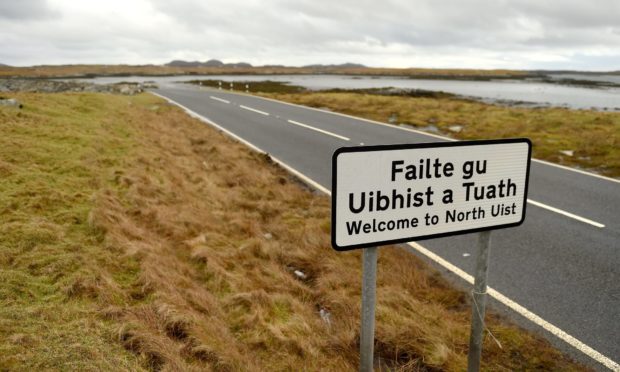The return of young people to island and rural areas is being “severely imperilled” by Covid-19 escapees from the cities snapping up houses.
The “urban flight” caused by the pandemic is affecting a trend among people returning or settling in rural areas and helping to sustain local populations.
New research will now examine ways to develop affordable housing and other infrastructure to help communities be sustainable and thrive in future.
Uist-based social enterprise CoDeL is involved in two projects to assess the economic impact of Covid-19 on peripheral communities.
CoDel director Thomas Fisher said: “Pre-Covid, people in their 20s and 30s were returning in significant numbers to island and rural communities because their aspirations had changed, with quality of life, environment and community as important as career opportunities.
“However that is now severely imperilled by the fact that wealthy urbanites are buying up in that market and it is urban flight. They realise because of Covid that living in a rural area is so much better than being, for example, in a city flat with no access to garden or open space.
“But it means there are so many competing groups for what is fairly limited housing.
“Suddenly the housing market is moving and it’s having a massive impact on our communities because it means prices are being dragged up and local people, particularly young people, are not able to secure that housing.”
Island community figures recently issued an open letter describing the housing situation as being akin to an “economic clearance” with young people unable to compete with offers from elsewhere in the UK.
It proposed that houses are initially advertised locally to give the community first refusal.
CoDel director Theona Morrison said young economically active people are critical for the long-term sustainability of islands and rural areas.
She said policies are needed to ensure access to affordable housing for local and young people and support remote working and “above all to invest in services and infrastructure in each local community to grow local island and rural populations, and attract a young economically active demographic for whom the benefits of island and rural living compared to city life can sometimes be significant.”
CoDel is designing a new lottery-funded programme for Scotland’s Social Enterprise Academy on visioning rural communities. This will link five rural communities, Uist and Barra, Argyll, Moray, Banff and MacDuff, and Peterhead, to help communities thrive.
It is also leading a European-funded project to assess the economic impacts of Covid-19 on peripheral communities from eastern Finland to Prince Edward Island in Canada, and to recommend policy and action.
The project is funded under the Covid Response Call of the European Northern Periphery and Arctic (SPA) programme and will share ideas and good practice to support economic recovery.
NHS Highland is a lead partner for the SPA programme. Dr Boyd Peters, NHS Highland’s medical director, said: “NHS Highland is delighted to be a leading part of this important work promoting sustainable communities following the impact of Covid19.”
